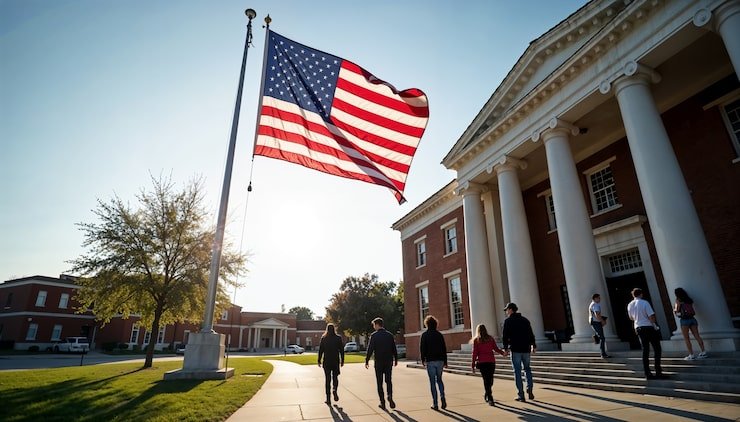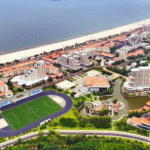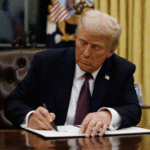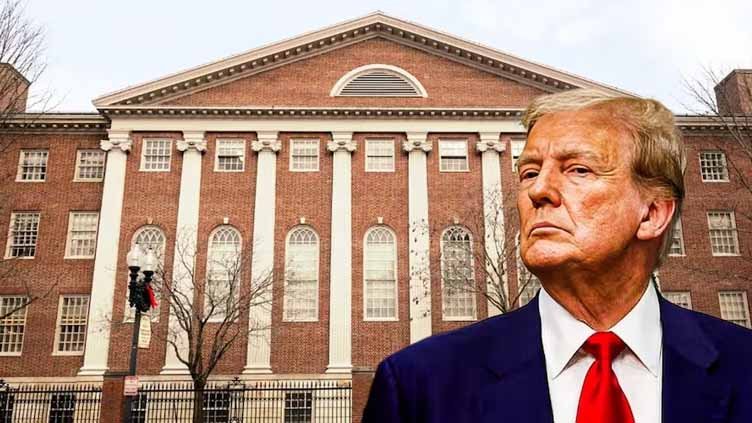US to Present New Defense of Strikes on Iran’s Nuclear Sites
On Thursday, US Defence Secretary Pete Hegseth will talk to the press about the recent US attacks on Iran’s nuclear sites. There has been more and more talk in Washington about how well the strikes worked to slow down Tehran’s nuclear plans.
Rising Tensions and Conflicting Views
The US bombed three major Iranian atomic sites last weekend, following Israel’s attacks on Iranian nuclear and military facilities. Israel said it did what it did to stop a nuclear threat that was about to happen. But now, US officials are being asked how much damage was really done.
CNN was the first to report on a secret evaluation that said the strikes may have only set back Iran’s program by a few months. Analysts are also worried that Iran may have moved 400 kilogrammes of enriched uranium before, possibly hiding it in places that are not known.
US Officials Defend Strike Effectiveness on Iran’s Nuclear Sites
Top US officials strongly denied any doubts. President Donald Trump said that the strikes “obliterated” sensitive nuclear sites, such as Fordo, which is deep inside a mountain. Karoline Leavitt, the White House Press Secretary, said that reports that uranium was moved before the attack were false. She also said that the site that was targeted is now buried under rubble.
CIA Director John Ratcliffe stated that Iran lost several key nuclear structures, which would take years to rebuild.
Israel Sees Success but Urges Patience
Israeli leaders agreed with the US but added that they should be careful. Benjamin Netanyahu, the Prime Minister, said that the operation had stopped Iran’s nuclear program. He said that if Iran tried to rebuild, Israel would respond with the same amount of force.
Israeli officials said that the damage was bad, but that it would take more time to fully assess it.
Possible Return to Diplomacy
The US still hopes for diplomatic progress, even though the military is involved. Trump said that talks about nuclear weapons with Iran will happen next week. Steve Witkoff, his special envoy, said he was hopeful for a bigger peace deal.
Iran still says it doesn’t make nuclear weapons and that its program is for peaceful energy. Tehran officials also said they would be willing to start talks with Washington again.
The 12-day conflict became the most violent direct clash between Iran and Israel in decades. Iran’s health ministry reported 627 civilian deaths from Israeli airstrikes. Official figures in Israel said Iran’s retaliation killed 28 people.
Iran has reopened its eastern airspace, but flights to and from Tehran remain suspended. In Tel Aviv, residents are slowly resuming daily life as the ceasefire holds.
Tehran Prepares State Funeral for Top Leaders
Iran will hold a state funeral in Tehran on Saturday for key figures killed in the strikes. These include Revolutionary Guard commander Hossein Salami and several nuclear scientists. Originally, Salami’s funeral was planned for his hometown, but officials moved it to the capital











